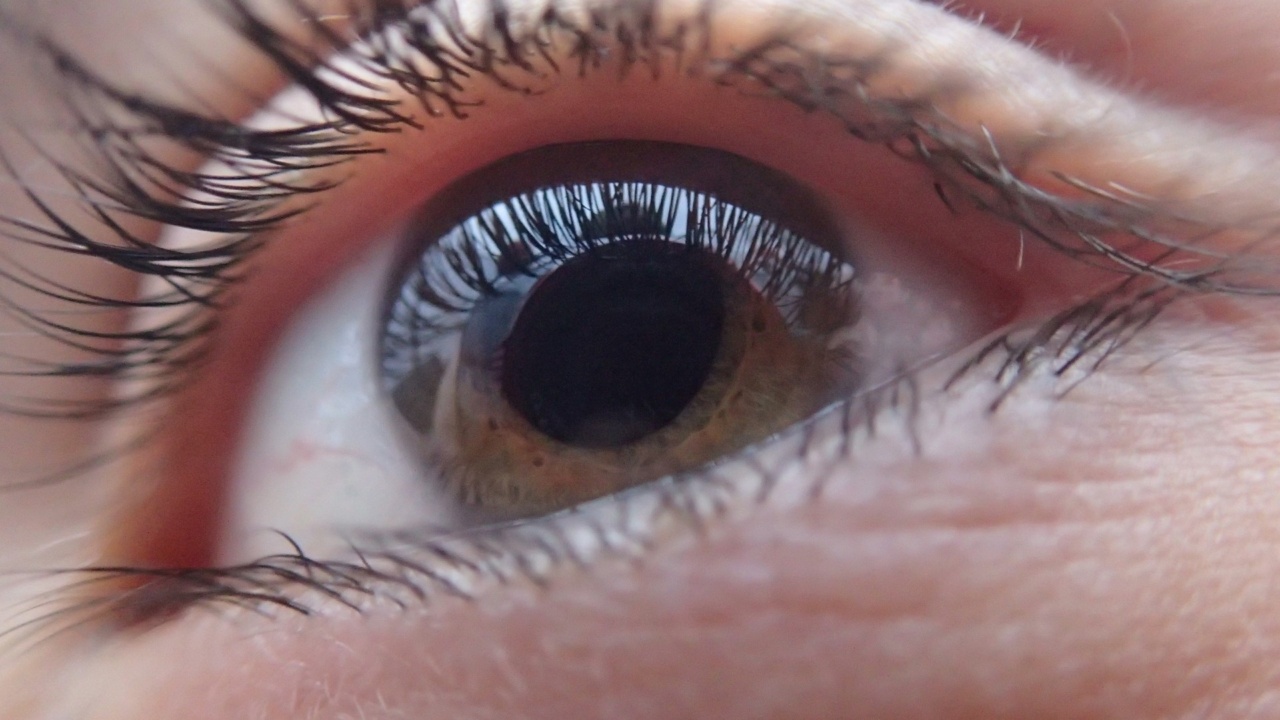Oily skin can be frustrating, embarrassing, and difficult to manage. It’s easy to feel like you’re doing everything right but still struggling with oily skin. Unfortunately, there are many things that can exacerbate oily skin.
In this visual guide, we’ll explore the top factors that make oily skin worse and offer some tips for managing this condition.
1. Over-cleansing
Believe it or not, washing your face too much can actually make oily skin worse. When you strip your skin of its natural oils, your body will work to replace them. This can lead to even oilier skin than before.
Try to limit your face washing to morning and night, and use a gentle cleanser that won’t dry your skin out too much.
2. Skipping Moisturizer
Many people with oily skin think that they don’t need moisturizer, but this isn’t the case. Even oily skin needs to be moisturized to stay healthy.
If you skip moisturizer, your skin may end up overproducing oil to make up for the lack of hydration. Look for a lightweight, oil-free moisturizer that won’t make your skin feel greasy.
3. Using Harsh Products
If you have oily skin, it’s natural to want to use products that promise to fight oil and shine. However, some of these products can actually make things worse.
Harsh scrubs, astringents, and toners can strip your skin of its natural oils and cause your skin to produce even more oil to compensate. Stick to gentle, non-irritating products that won’t cause inflammation or irritation.
4. Overuse of Makeup
We all love makeup, but if you’re prone to oily skin, it’s important to use it in moderation. Thick, heavy makeup can clog your pores and contribute to oil production.
Try using lightweight, oil-free formulas that won’t weigh your skin down. And don’t forget to remove your makeup before bed to avoid clogged pores and breakouts.
5. Hormonal Changes
Your skin can also be affected by hormonal changes in your body. Women often experience oily skin during their menstrual cycle, pregnancy, and menopause.
If you suspect that hormones are contributing to your oily skin, talk to your doctor about your options. Birth control pills, hormone replacement therapy, and other medications may be able to help.
6. Poor Diet
Believe it or not, what you eat can also affect your skin. Diets high in sugar and refined carbs can cause your body to produce more oil. This can lead to increased breakouts and a greasy complexion.
Try to eat a diet rich in fruits, vegetables, whole grains, and lean proteins to keep your skin healthy.
7. Stress
Stress can wreak havoc on your skin, especially if you’re prone to oily skin. Stress hormones can cause your skin to produce more oil, leading to breakouts and a shiny complexion.
Try to manage your stress levels through exercise, meditation, or other relaxation techniques.
8. Genetics
Finally, it’s important to remember that some people are simply more prone to oily skin than others. If you have a family history of oily skin, you may be more likely to struggle with this condition.
While you can’t change your genetics, you can still manage oily skin through proper skincare and lifestyle choices.
9. Lack of Sleep
Getting enough sleep is crucial for overall health, but it’s also important for healthy skin. Lack of sleep can cause your skin to produce more oil, leading to breakouts and a greasy complexion.
Aim for at least 7-8 hours of sleep each night to keep your skin looking its best.
10. Environmental Factors
Finally, it’s worth considering the environmental factors that may be contributing to your oily skin. Humid or hot weather can cause your skin to sweat more, leading to excess oil production.
Pollution and other environmental toxins can also wreak havoc on your skin and contribute to clogged pores and breakouts. If you’re dealing with oily skin, try to avoid spending too much time in hot or polluted environments.































